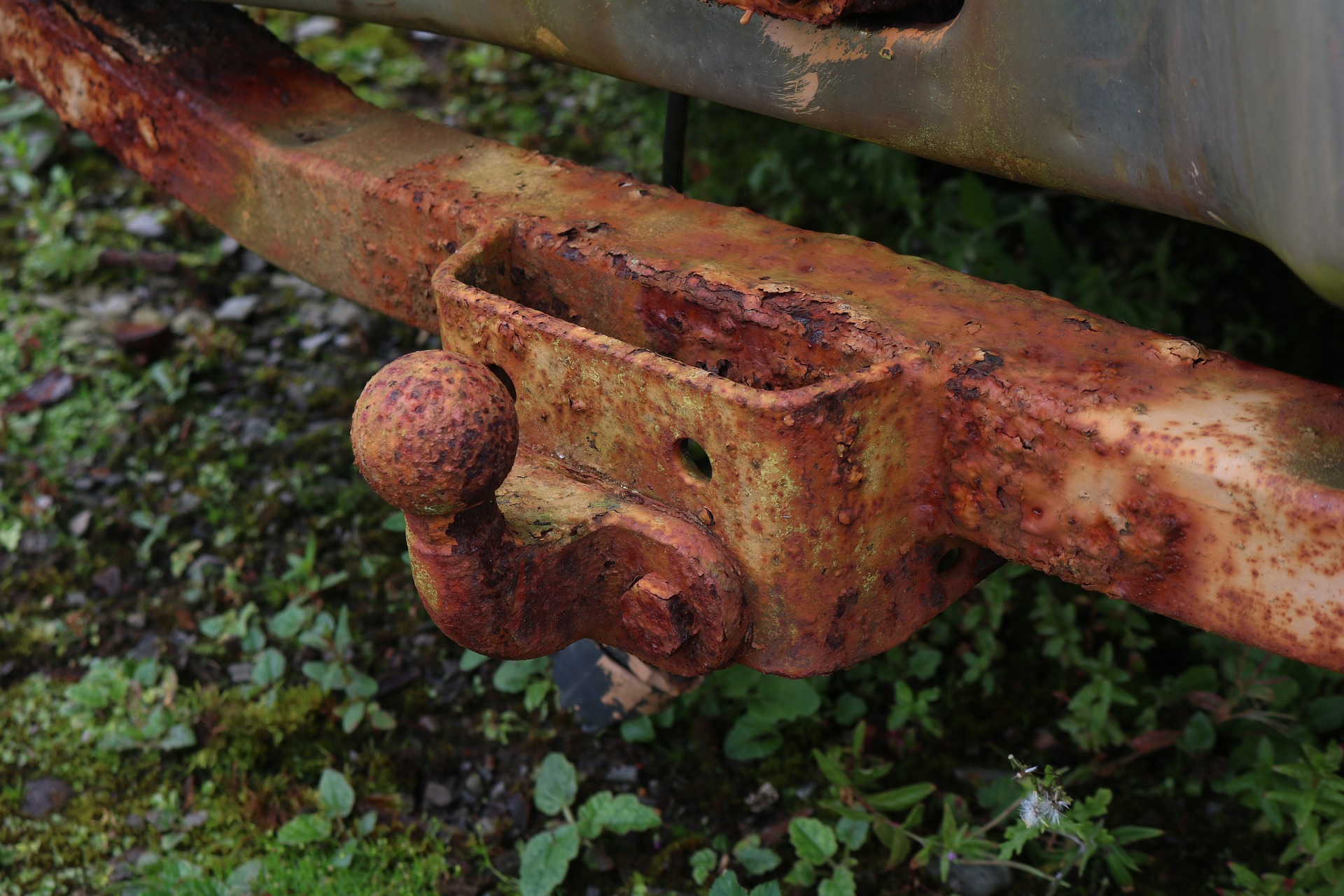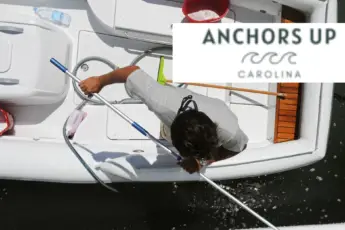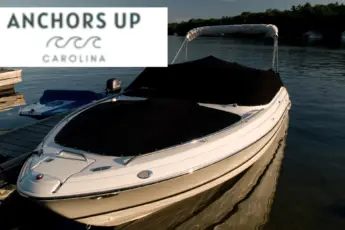A trailer hitch is an important and essential component to towing a boat in Georgia, South Carolina, and North Carolina. Hitches connect to the bottom of the tow vehicle, allowing the receiver ball to be held in position. The receiver ball attaches to the tongue of the trailer. Hitches, otherwise known as receivers, are durable and capable of holding exceptional weight. Here is what you need to know about a trailer hitch.
What Is A Trailer Hitch
A tow hitch is a steel frame with a square opening at the front center section. Hitches connect to the rear bottom of the vehicle by being bolted into place.
Hitches are scaled in classes that determine the weight capacity they can tow. Class one through five is most commonly found on vehicles towing a trailer and watercraft.
When determining which class hitch is needed in your application, it is critical to know the weight of the trailer and boat combined. Match the proper class hitch to the gross trailer weight. A class three hitch is ideal in most situations as it can handle 8,000 pounds of gross trailer weight.
How Much Does A Trailer Hitch Cost
When it comes to cost, hitches are inexpensive additions to cars, trucks, vans, and SUV’s. Installing a hitch in the driveway saves money; however, vehicle service centers install hitches for those who don’t want to take on the challenge.
A class 3 hitch ranges between $100 and 150 dollars. When tacking on installation, expect to pay an additional $150. Remember, the receiver ball and wiring harness come at a separate cost but must be in place to connect to the trailer and run power to the lights.
Can I Install Trailer Hitch Myself
Installing a tow hitch to a vehicle is a straightforward process. The vast majority of vehicles are fitted with pre-drilled holes in the chassis for ease of installation.
Speak with a local auto part store and purchase a hitch matching the car’s specifications. The shop attended will require the year, make, and model to properly match the correct hitch properly.
Asking a friend or family member for help during the installation makes the job seamless. Climb beneath the parked car with the parking brake applied. Align the hitch to the pre-drilled holes in the frame.
Ask the helper to pass the bolts, washers, and proper-sized ratchet wrench. Slide the washer onto the bolt and install the screws by hand until snug to avoid cross-threading. Once the bolts are snugged by hand, tighten firmly with the ratchet wrench. Ensure the bolts are seated into position, and the hitch is incapable of moving.
What Is The Hitch On A Trailer Called
There are three common names for hitches which used universally. The three terms include tow hitch, receiver hitch, and trailer hitch. You pick the name that suits you best, as any of the three will not cause confusion when describing.
What’s The Difference Between A Hitch And A Receiver
The hitch is the steel frame that connects to the vehicle’s chassis. The receiver is the square tube with an opening positioned centrally to the hitch.
A receiver holds the hitch ball and locks it into position using a sliding pin. When the ball is positioned on the hitch and receiver, the trailer tongue sits atop the ball. The trailer tongue connects firmly to the ball via the coupler lock. Lastly, the wiring harness connects from the trailer to the tow vehicle. At this point, the boat and trailer are prepared for towing.
To save storage space, consider buying a folding trailer tongue that reduces the overall trailer’s length with folded.
What Are Hitch Balls Made Of
Hitch balls are composed of steel as they are under a significant amount of pressure due to the weight they bare.
The ball comes in multiple sizes and is designed to match the diameter of the trailer tongue coupling. Improperly sizing the ball can result in the trailer coming free from the tow vehicle while in motion despite securing the lock.
Ensure to match the correct ball size to the tongue of the trailer and lock firmly in place when getting underway to head to the boat ramp.
We recommend buying a hitch fitted with multiple ball sizes. The Towever hitch is equipped with 1 ⅞”, 2”, and 2 5/16” balls. Simply rotate the receiver and align the correct ball size upward.
Trailer Hitches Are Inexpensive And Easy To Install
Whether installing the hitch at home or by a service center, the added equipment is low in cost but highly beneficial. Remember to purchase the tow hitch matching the vehicle for proper alignment. The boat and trailer is ready to be towed after a one-hour installation.







